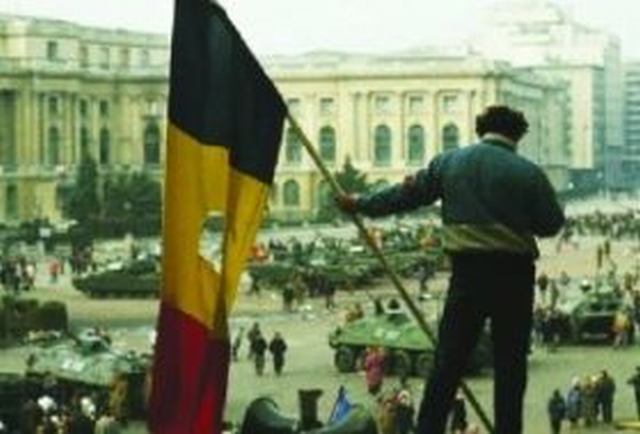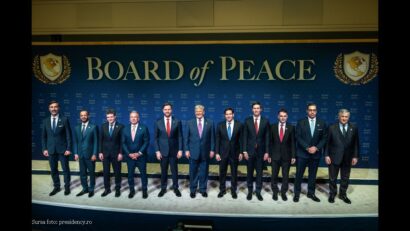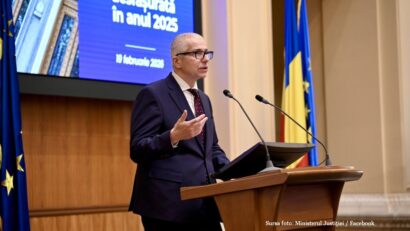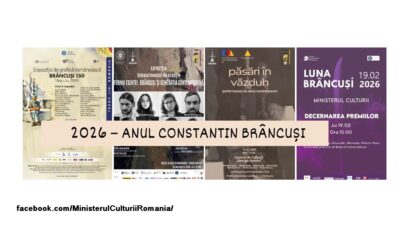Criminal prosecution to expand in the ‘Revolution Case’
Army prosecutors from the General Prosecutor's Office have expanded criminal proceedings in the crimes against humanity case related to the 1989 anti-Communist revolution in Romania.

Corina Cristea, 03.11.2016, 13:56
Almost 27 years
after the fall of the Ceausescu regime, army prosecutors have expanded in
rem the criminal proceedings in the so-called Revolution case to
investigate crimes against humanity committed after the 22nd of
December 1989. The armed incidents that took place around this date in many
places indicate that there may have been a pre-established plan to put the new
leaders in power and legitimise them, reads the communiqué of the Prosecutor’s
Office presented by prosecutor Marian Lazar.
Marian Lazar: It transpires from documents that are part of the case that, in order to hold on
to power, through their actions and measures, the new political and military
leadership instated after the 22nd of December 1989 caused the
death, gunshot injury, physical and psychological damage and unlawful
deprivation of freedom of a large number of persons, actions that fall into the
scope of crimes against humanity.
The
actions in question point to the existence of a plan aiming to create a state
of confusion among the armed forces through a division of the leadership of the
defence ministry and the issuing of false orders, reports and information,
causing people to take to the streets and arming the population to create the
impression of a civil war between armed units of the defence ministry, and thus
enable the new leaders to take over power and acquire legitimacy. To carry out
the plan, the Romanian Television was used to broadcast alarmist and sometimes
false reports, telephone lines were cut and former army staff loyal to the new
political and military leadership were put in charge of the law and order
ministries in order to generate a psychological and media war that resulted in
many victims, the communiqué of the Prosecutor’s Office also reads.
According
to a document from the Military Prosecutor’s Office with the High Court of
Cassation and Justice, more than 1,200 people were killed in the events of
December 1989, of whom 800 died after 22nd of December, when the
regime collapsed. More than 5,000 people were wounded and several thousand
unlawfully deprived of freedom and subjected to bad treatment. The reopening of
the Revolution case, which earned Romania a series of convictions at the
European Court of Human Rights, comes a few months after interim prosecutor
general Bogdan Licu called for the reopening of the inquiries. According to Licu,
the ruling to close the case in October 2015 was ungrounded and illegal, and
the legal classification of the deeds was wrong.






























